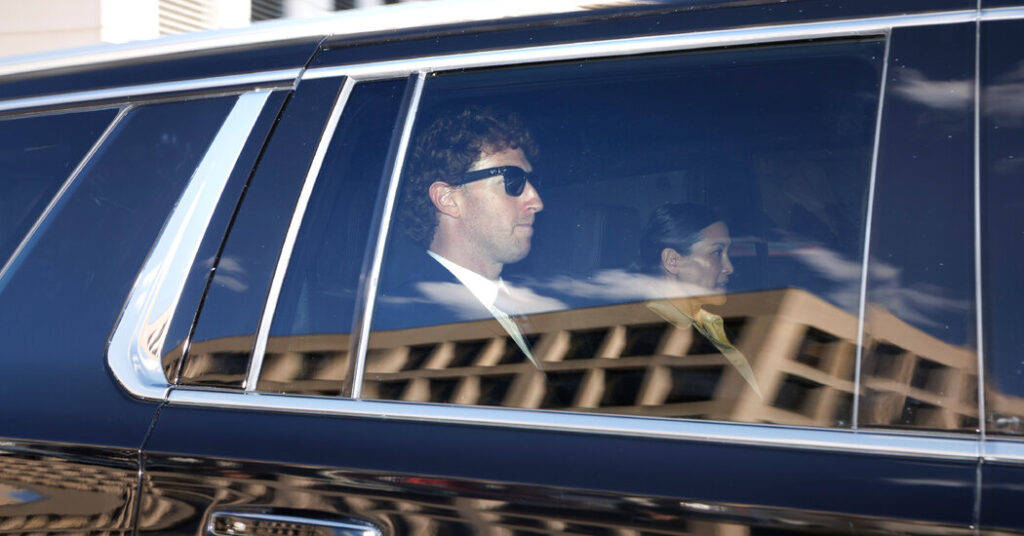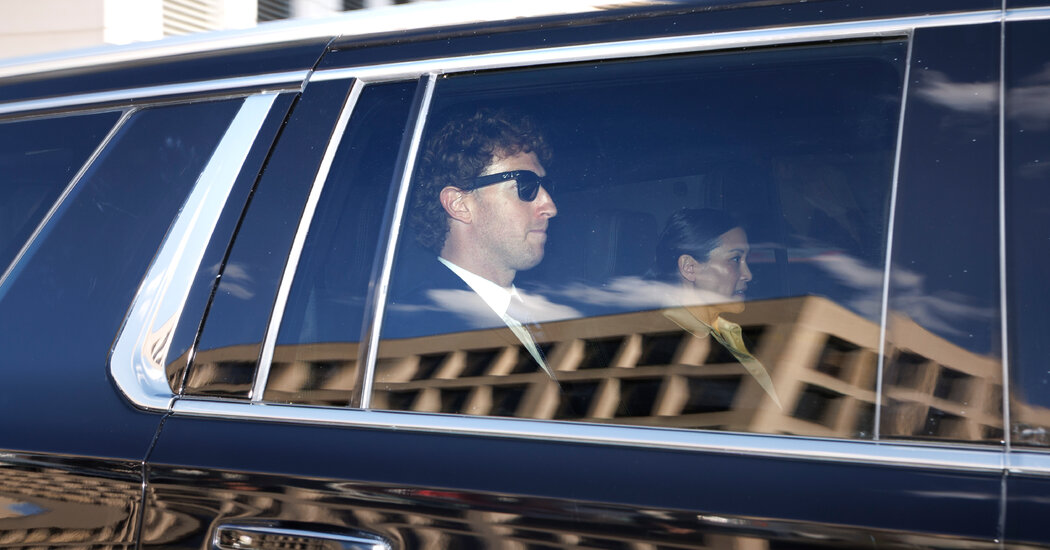At Trial, Mark Zuckerberg Avoids Explaining Takeovers of Instagram and WhatsApp
The Meta chief executive testified in a landmark antitrust trial that it was business as usual when he bought rival apps. He denied he was trying to snuff out competitors.


The Meta chief executive testified in a landmark antitrust trial that it was business as usual when he bought rival apps. He denied he was trying to snuff out competitors.
In his second day on the stand in a landmark antitrust trial, Mark Zuckerberg, the chief executive of Meta, on Tuesday defended the social media company’s 2012 acquisition of Instagram, describing the transaction as business as usual for a tech company.
Businesses weigh the benefits and costs of developing new products themselves against buying start-ups with products they want to add, he said.
When Instagram was competing with his company’s now-defunct Camera app, “we were doing a build-vs.-buy analysis,” Mr. Zuckerberg said. “I thought that Instagram was better at that, so I thought it was better to buy them.”
Mr. Zuckerberg is the central witness of the antitrust trial, in which the government accuses Meta of violating competition laws by purchasing WhatsApp and Instagram in a “buy or bury” strategy. He spent more than seven hours answering questions on Monday and Tuesday from lawyers in the U.S. District Court for the District of Columbia as they tried to make the case that he had viewed the other apps as rivals he needed to take out.
The case, Federal Trade Commission v. Meta Platforms, poses a consequential threat to Mr. Zuckerberg’s business, which he co-founded as Facebook in his Harvard dorm room in 2004. The F.T.C. has asked Judge James E. Boasberg, who is presiding, to find the Silicon Valley company guilty of illegally maintaining a social media monopoly. Meta bought Instagram for $1 billion and, two years later in 2014, WhatsApp for $19 billion.
If successful, the government is likely to ask the judge to break up Meta by ordering it to sell off the two apps.






